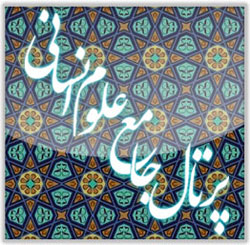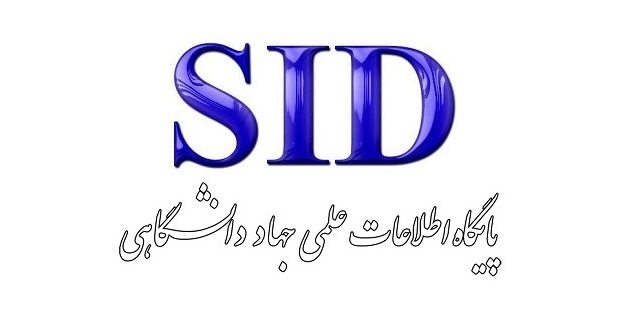نقش اندیشههای فلسفی و اخلاقی سعدی در شکلگیری ساختار بلاغی و مفاهیم کلیدی گلستان و بوستان
کلمات کلیدی:
سعدی, بلاغت, فلسفه اخلاقی, حکمت, اعتدال, خردورزی, گلستان, بوستان, تمثیلچکیده
این مقاله به تحلیل اندیشههای فلسفی و اخلاقی سعدی و بررسی تأثیر آنها بر ساختار بلاغی و مفاهیم کلیدی در آثار او، بهویژه گلستان و بوستان، میپردازد. سعدی با بهرهگیری از آرایههای بلاغی مختلف و استفاده از زبان ساده و در عین حال پرمحتوا، مفاهیم پیچیده فلسفی و اخلاقی را در قالب حکایات کوتاه و تمثیلها به مخاطبان خود منتقل کرده است. در این پژوهش، ابتدا به بررسی مفاهیم فلسفی مانند حکمت، اعتدال و خردورزی که در آثار سعدی بهطور مکرر مشاهده میشوند، پرداخته شده و سپس ارتباط این مفاهیم با ساختارهای بلاغی مانند استعاره، تشبیه، ایجاز و تکرار بررسی شده است. این مقاله همچنین نشان میدهد که چگونه ساختار تمثیلی حکایات سعدی به انتقال پیامهای اخلاقی و فلسفی کمک کرده است. نتایج پژوهش بیانگر آن است که سعدی با استفاده از ابزارهای بلاغی، توانسته است مفاهیم اخلاقی را در قالب زبان هنری و ادبی بهطور مؤثر به خواننده منتقل کند. علاوه بر این، این تحقیق با مقایسه نتایج بهدستآمده با مطالعات پیشین، نشان میدهد که پژوهشهای قبلی نیز بهطور مشابه به تأثیر زبان و بلاغت در انتقال مفاهیم اخلاقی در آثار سعدی پرداختهاند. در نهایت، مقاله بر اهمیت تحلیل پیوند میان بلاغت و فلسفه در فهم عمیقتر آثار سعدی تأکید میکند و پیشنهاداتی برای پژوهشهای آینده در این حوزه ارائه میدهد.













